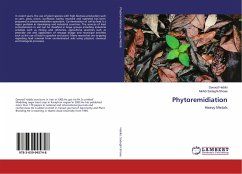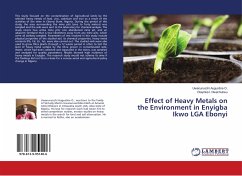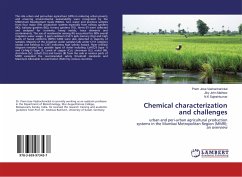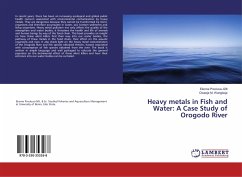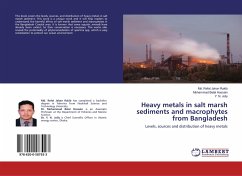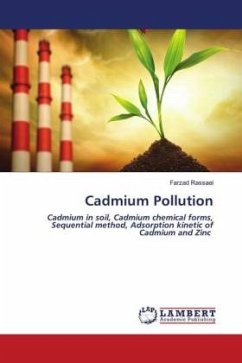In recent years, the use of plant species with high biomass production such as corn, peas, onion, sunflower, barley, mustard and rapeseed has been proposed in phytoremediation operation. Contamination of soil by lead is a major problem in developing and industrial countries. The sources of lead contamination in soil can be classified in large groups including industrial activities such as mining and refineries, agricultural practices such as pesticide use and application of sewage sludge and municipal activities such as the use of lead in gasoline and paint. Many researches are ongoing regarding lead removal from contaminated soils using physical, chemical and biological processes.
Bitte wählen Sie Ihr Anliegen aus.
Rechnungen
Retourenschein anfordern
Bestellstatus
Storno

